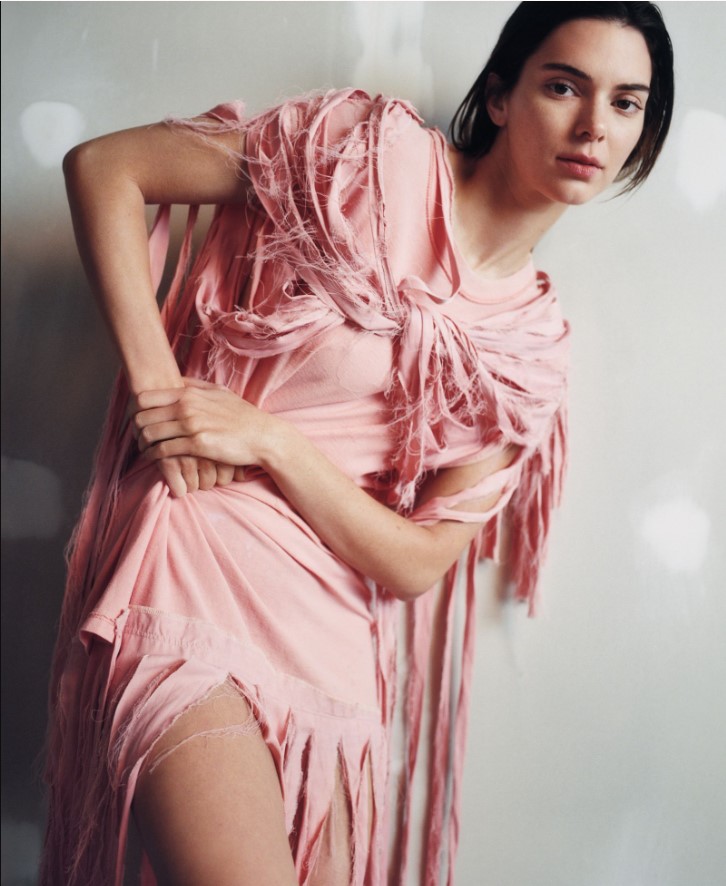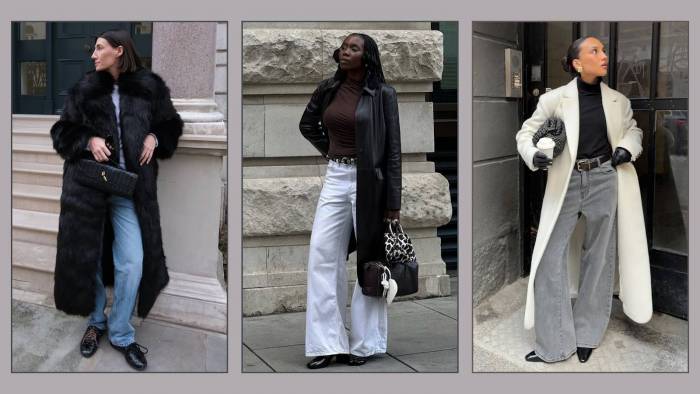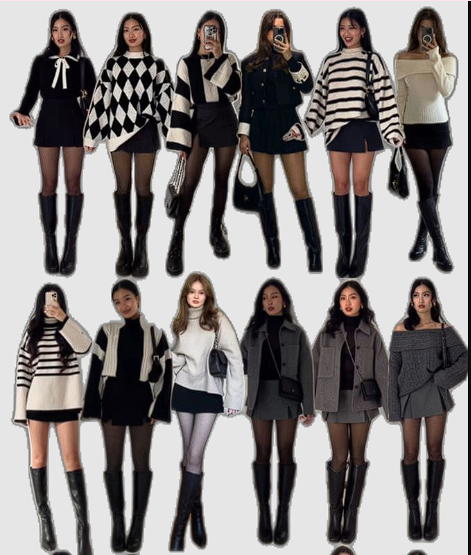When Things Don’t Line Up Perfectly
There’s a quiet magic in the things that don’t fit quite right. A jacket that hangs a little loose on the shoulders. A dinner plate with a tiny chip on the edge. A friendship built on differences rather than similarities. These imperfect fits remind us that life isn’t supposed to be a neatly packaged puzzle where every piece clicks flawlessly. It’s the gaps, the cracks, and the quirks that make an experience memorable.

Why Imperfection Feels Human
Psychologists often talk about the pratfall effect, the idea that people who show small flaws appear more relatable and likable. A professor who spills coffee before giving a lecture suddenly feels less intimidating. A leader who admits they don’t have all the answers seems more trustworthy. Perfection can feel sterile, but imperfection signals humanity.

When something doesn’t fit perfectly, whether it’s clothes, relationships, or life plans, it forces us to adjust, adapt, and sometimes laugh. That process is what makes the experience rich and deeply personal.
Fashion Beyond the Mirror
Think about the clothes we keep. Sometimes, it’s not the perfectly tailored suit that stays with us, but the slightly oversized sweater borrowed from a sibling, or the jeans with a patch stitched on by hand. They carry a story. In recent years, “imperfect fashion” has even become a movement brands highlighting irregular prints, asymmetry, and hand-done work instead of flawless factory precision. These choices aren’t mistakes; they’re a celebration of uniqueness.
The charm here lies not in looking flawless, but in feeling authentic. A fit that’s a little “off” still lets you express who you are, without chasing an impossible standard.
Relationships as Imperfect Fits
Perfect compatibility is a myth. Two people don’t have to align in every habit, hobby, or worldview to share something meaningful. In fact, it’s often the mismatched elements, one partner’s quiet patience against the other’s restless energy, that create balance. Imperfect in relationships makes room for growth, compromise, and discovery.

When we accept that no connection will be flawless, we stop looking for perfection and start valuing presence. That shift changes everything.
The Aesthetic of Wabi-Sabi
In Japanese culture, the concept of wabi-sabi celebrates imperfection, impermanence, and incompleteness. A cracked tea bowl isn’t discarded, it’s repaired with gold lacquer in a process called kintsugi, making the flaw the most beautiful part of the object. This philosophy teaches us that imperfect fits aren’t shortcomings; they are points of beauty, resilience, and individuality.
Western culture is catching on, too minimalist homes with raw wooden tables, mismatched ceramics, or uneven brush strokes in modern art all reflect the same embrace of “off-balance” charm.
When Life Refuses to Fit Neatly
Jobs that don’t match our degrees. Homes that aren’t forever homes. Friendships that drift in and out of our routines. Life rarely gives us perfect fits, and yet these imperfect alignments are where creativity, resilience, and reinvention take root.
The entrepreneur who failed in one industry often creates brilliance in another. The traveler who takes the wrong train sometimes finds the most memorable destination.
Imperfect fits push us into uncharted territory, and that’s often where growth happens.
Finding Beauty in the Uneven Edges
The next time something doesn’t fit perfectly, pause before labeling it a mistake. That too-long conversation with a stranger, that chipped coffee mug, that job that didn’t lead where you expected it all have a role in shaping the story of who you are.
The charm of imperfect fits lies in their refusal to conform, their ability to surprise us, and their invitation to see beauty in the rough edges. Because life, after all, was never meant to be seamless.






